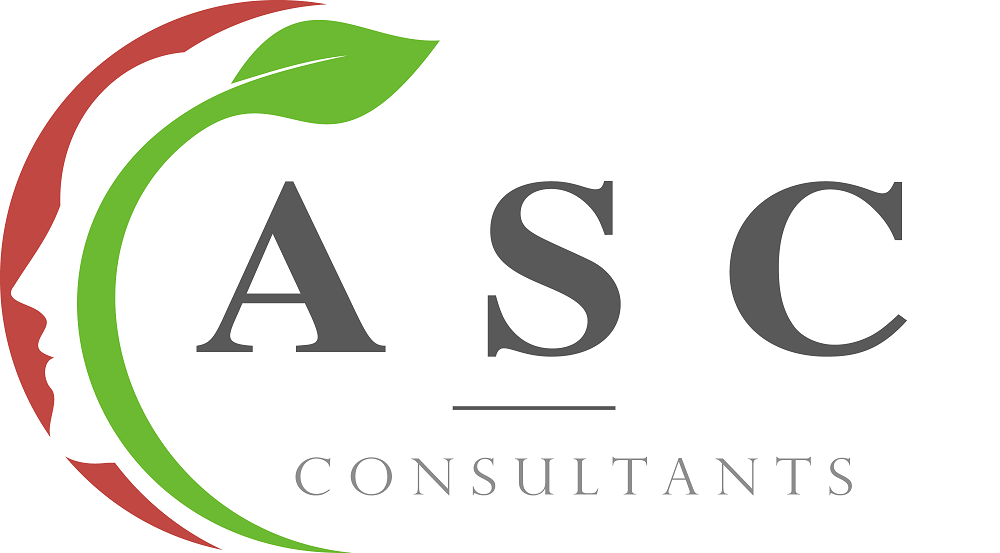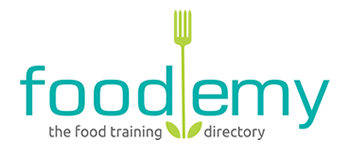
Training provider: ASC Consultants - Food Safety. Our Business.
Training Type: Public
Location: Nationwide
Cost: R Contact for more information
On Demand
Course Duration: 1 day
Our Introduction to Food Microbiology for non-microbiologists course allows the learner to gain an understanding of basic food microbiology with a focus on food safety.
Our Introduction to Food Microbiology for non-microbiologists course allows the learner to gain an understanding of basic food microbiology with a focus on food safety.
It is important to understand the basics of food-borne pathogens (germs) and their impact on food safety. This course will also give the learner the necessary skills to interpret laboratory reports and make informed decisions based on these results.
Qualified facilitators, with qualifications in microbiology and a background in food microbiology and chemistry laboratories, present our cost-effective food safety courses. It is fun, engaging and interactive with practical examples and activities. Delegates write an assessment at the end of the course and will receive a handout and certificate of attendance.
We are based in Port Elizabeth and service the following provinces in South Africa:
MODULE 1
Introduction to Food Microbiology.
History of Food Microbiology.
Where are microbiological organisms:
MODULE 2
The reproduction mechanism of each of the micro-organisms:
MODULE 3
GMP and HACCP role in controlling microbial contamination:
MODULE 4
Factors affecting the growth of microorganisms:
MODULE 5
The “indicator” organisms:
Foodborne disease organisms:
MODULE 6
Food Spoilage:
MODULE 7
Sampling & Testing:
ASSESSMENT
A basic understanding of HACCP is required before attending this course. We recommend first attending our Introduction to HACCP course.
Foodemy is brought to you by Food Focus. Food Focus was established in 2016.
Our main objective is to EDUCATE the food industry. Foodemy is THE place to find out about training for the food industry – courses, training providers, on-line training, self-help programmes – all in one place. Whether you are a training provider or a learner – we aim to make training in the food industry simple.
Foodemy is brought to you by Food Focus and is a part of the Food Risk Forum Group.
Food Risk Forum is a niche solutions provider for the food industry, offering access to the industry through digital and print advertising, social media, content marketing, as well as face to face contact with your target audience through bespoke events.
